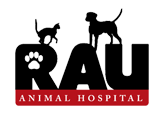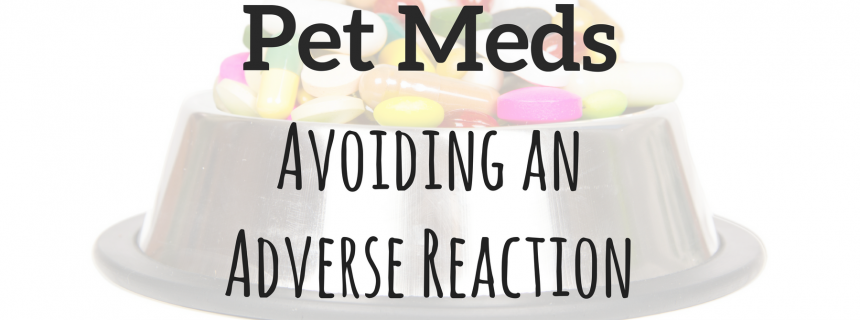Ask Vickie: Keep Pet Dentistry Costs Down!
Have a question about your pet's oral health, like which oral health products are better for your pet, or how often you should brush your pet's teeth? Ask Vickie! Vickie Byard, CVT, VTS (Dentistry), CVJ will be answering some of your most pressing pet oral health questions on this monthly blog segment: Ask Vickie!
Want to submit a question to Ask Vickie?
Email your question to socialmedia@rauanimalhospital.com. Make sure the subject line is...you guessed it ⎯ Ask Vickie!
Read More
The Five Most Frequently Asked Dog Questions — Answered
Why is my dog so itchy?
Itchiness is often the result of a flea bite. The best defense is to keep your pet on a year-round product to prevent and treat flea infestations. Some dogs may also have atopy, which is inhalant, and/or a contact allergy. Dogs can be allergic to one or many of the things that humans are allergic to, such as molds and pollens. Symptoms can range from mild to severe, depending on the environmental conditions and the response from the dog. Your dog may also develop secondary skin infections that require medication.
Read More
Indoor Cats: The Keys to an Enriched Life
While cats confined to an indoor environment generally live longer and are at less risk for contracting infectious diseases or injuries due to trauma, they are at greater risk for a variety of behavioral problems. These problems include urinating and defecating outside the litter box, anxiety, eating disorders, attention seeking, aggression, self-injury and compulsive disorders like excessive grooming and scratching.
Read More
The Five Most Frequently Asked Cat Questions — Answered
 Why does my cat wake me up at 4 a.m. for breakfast?
Why does my cat wake me up at 4 a.m. for breakfast?
Read More
Training Basics: Starting the New Year on the Right Paw
It’s a new year — a time when so many of us make resolutions only to modify or forget them completely within a day or two. This year, I would like to ask you to make a resolution that you will stay true to and fulfill not just for the next 12 months, but always: Train your dog!
Read More
Pet Meds: Avoiding an Adverse Reaction
Just like humans, pets can experience adverse reactions to medications, vaccines and even seemingly benign topical substances, such as shampoo or ear cleaner. Do you know what to do if your pet has one?
Know the signs.
Symptoms of a drug reaction are often wide-ranging, as they depend on both the type of medication and the individual pet. Responses may vary from mild lethargy or nausea to life-threatening anaphylaxis.
Read More
How to Train Your Cat
January is National Train Your Dog Month, and that seems only natural. After all, most people think about how they’ll train their dog, and they work hard to make sure their best canine friend is well trained. But there are more cats as pets in the U.S. than dogs, and many homes have multiple cats. Why is there no “National Train Your Cat Month?” Is it because we think of cats as aloof and independent – too much so to be trainable? … Well, yes, but that doesn’t mean that perception is a reflection of reality! Cats, despite popular opinion, can absolutely be trained.
Read More
Top New Year's Resolutions for Pet Owners
Happy New Year! Need some inspiration for your resolution list? Why not include a few “to do” items that will benefit your pet, too? Check out our top five suggestions just for pet owners — and their four-legged friends — here.
1. Sign up for pet insurance.
How it benefits you: Pet insurance saves owners money and, more importantly, keeps them from having to make urgent decisions about a pet’s health based on finances.
Read More







